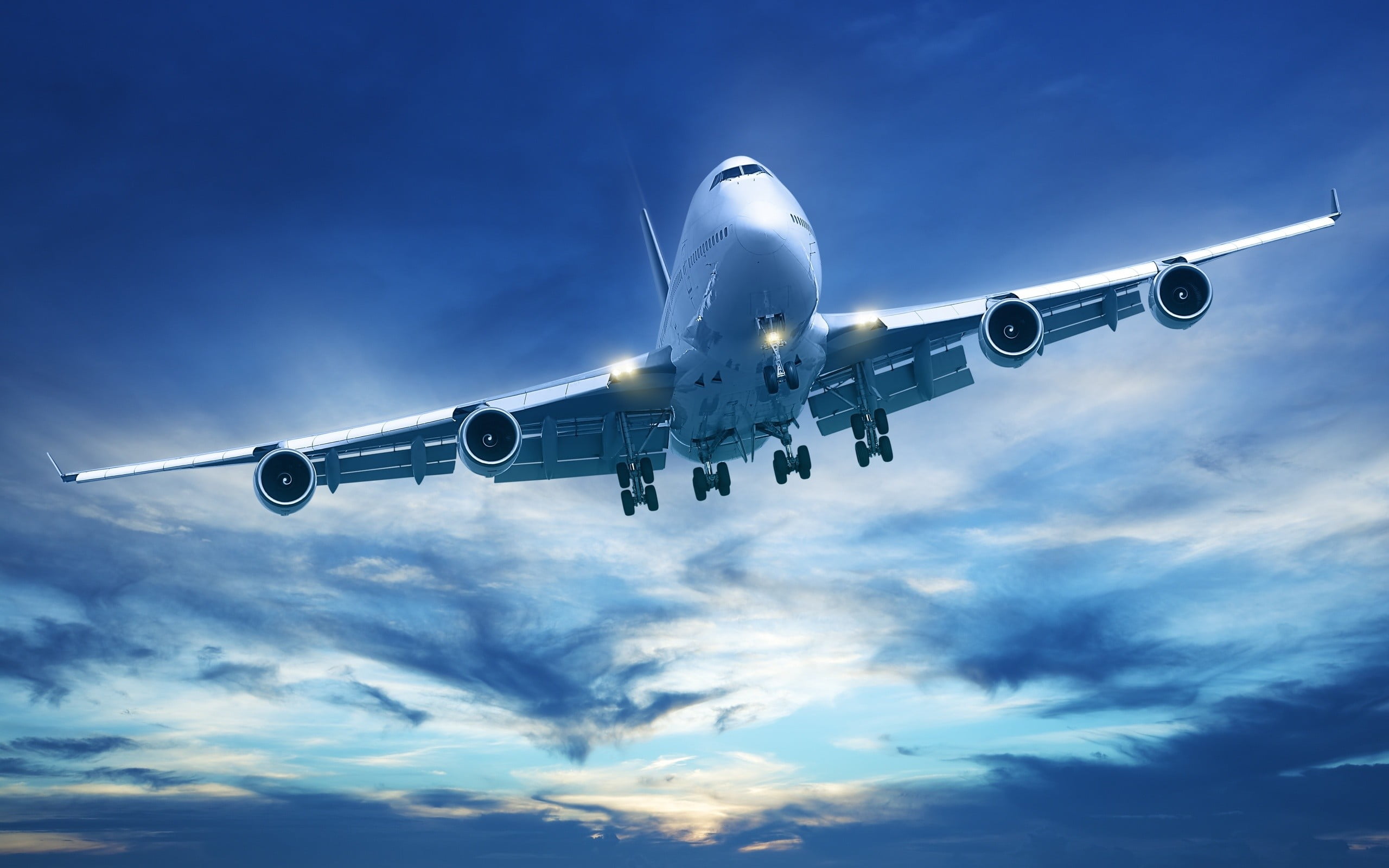
NAULUM SOLUTIONS
Trusted Artificial Intelligence
Description of Naulum Solutions
Carbon footprint
Naulum Solutions offers an innovative solution to reduce the carbon footprint of freight transport by optimizing the use of under-utilized aircraft space.
By maximizing cargo space, Naulum reduces the number of empty flights, thereby cutting fuel consumption and CO2 emissions.
This approach enables small and medium-sized enterprises (SMEs) to transport their goods at lower cost, while helping to reduce greenhouse gas emissions.
In addition, Naulum will provide carbon reports for companies wishing to do so, and calculate the carbon impact of each flight, offering greater transparency and accurate data to improve emission reduction strategies.
Transport optimization
It's important to note that an aircraft full of passengers doesn't necessarily reflect optimum use of its carrying capacity.
Indeed, cargo space in the aircraft's hold can often remain under-utilized.
By fully exploiting this under-utilized space to carry cargo, airlines can improve operational efficiency, reduce the number of empty flights, cut costs and carbon emissions, and generate additional revenue.
There will also be 3D optimization using imaging tools, to maximize the use of available space in the cargo hold and ensure optimal cargo distribution.
Transparency and visibility
The platform offers transparency and visibility to users, while generating additional revenue for airlines. This enables more efficient planning and better resource management.
By optimizing cargo space and exploiting cargo sections in passenger aircraft, airlines can maximize their transport capacity, reducing empty flights and increasing revenues, while offering a transparent and reliable service to customers.
Aerial growth
The air transport market is growing steadily in terms of both volume and value. This expansion is fuelled by a worldwide increase in demand for passenger and freight transport.
Technological innovation also contributes to this growth, making air transport more accessible and economical.
According to IATA, air freight accounts for less than 1% of world trade by volume, but more than 35% by value. In 2024, air freight traffic is expected to exceed 256 billion tonne-kilometres, with projected sales of $111.4 billion, up on 2023.
Services
Better filling of holds, especially in low season
Reduction of CO2 Emissions
Real-time reservation system for air cargo containers
Managing the entire process from the first to the last mile
Accessible on computers and telephones
Analysis and Digitalization of Reservations
Team
Jamel DJEGHIDEL
CEOSabri HADJ-LAKHAL
CTOAdvisors
Guillaume LEBOUCHER
CoordinatorJérôme VERNY
Founder and directorMatteo BONGLIA
Legal department - Business law lawyerColin ARGOURD
Belle de Mai Incubator - Design of the Business PlanMaëva TORDO
Head of Blue Factory - ESCP European IncubatorsSébastien CHOUKROUN
Manager of the Blockchain Lab at PwC FranceSupports










